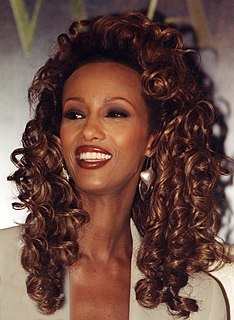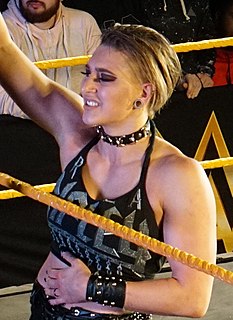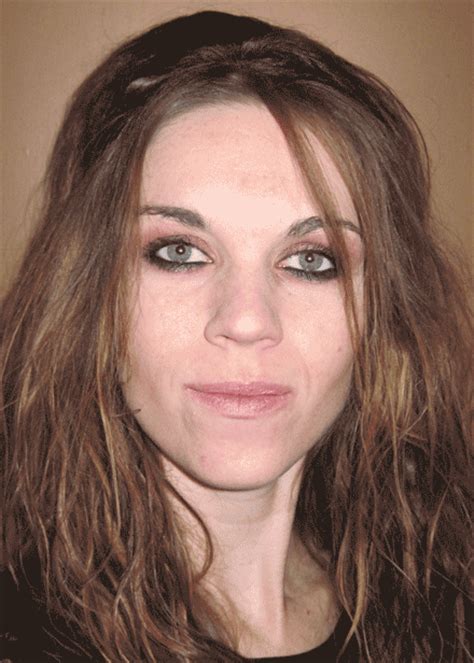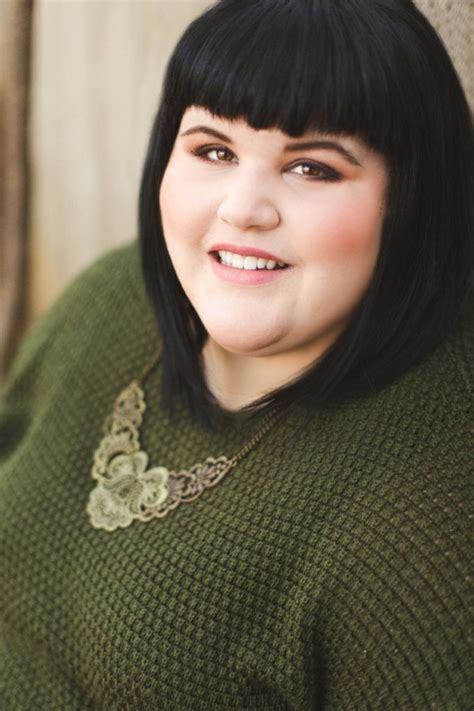A Quote by Richard Meltzer
But the poetry side is what appeals more to me today. Metaphor, just absurd linkages and coming up with categories, labeling, taxonomy, and I'd say that I do have some tools left. There are days I can't make a sentence out of anything, and anything I make looks clunky to me. But I still have a general grasp of the cliché, of the generic sentence. And if I didn't have that, I'd be a blob of putty on the floor.
Related Quotes
It's kind of like sentencing. A lot of people say that we have a heavy sentence for this crime and a light sentence for another crime, and what we ought to do is reduce the heavy sentence so it's more in line with the other. Wrong. In most cases we ought to increase the light sentence and make it compatible with the heavy sentence, and be serious about punishment because we are becoming too tolerant as a society, folks, especially of crime, in too many parts of the country.
Writing keeps me at my desk, constantly trying to write a perfect sentence. It is a great privilege to make one's living from writing sentences. The sentence is the greatest invention of civilization. To sit all day long assembling these extraordinary strings of words is a marvelous thing. I couldn't ask for anything better. It's as near to godliness as I can get.
One thing my mother always instilled in me is to always know my worth. Don't settle for less. She used to say to me 'Iman, no is a complete sentence, learn to say no. You don't have to explain it you don't have to say anything after it. It's a complete sentence.' So when I came to America 1975, I found out that the black models were being paid less than white models. So the first thing I did was say I'm not going to do the job unless I'm paid the same amount.
That doesn't make any sense. Sorry. There's no known way of saying an English sentence in which you begin a sentence with "in" and emphasize it. Get me a jury and show me how you can say
"In July" and I'll go down on you. That's just idiotic, if you'll forgive me for saying so. It's just stupid... "In July"; I'd love to know how you emphasize "In" in "In July". Impossible!
Meaningless!
The first sentence of the truth is always the hardest. Each of us had a first sentence, and most of us found the strength to say it out loud to someone who deserved to hear it. What we hoped, and what we found, was that the second sentence of the truth is always easier than the first, and the third sentence is even easier than that. Suddenly you are speaking the truth in paragraphs, in pages. The fear, the nervousness, is still there, but it is joined by a new confidence. All along, you've used the first sentence as a lock. But now you find that it's the key.
A sentence is like a tune. A memorable sentence gives its emotion a melodic shape. You want to hear it again, say it—in a way, to hum it to yourself. You desire, if only in the sound studio of your imagination, to repeat the physical experience of that sentence. That craving, emotional and intellectual but beginning in the body with a certain gesture of sound, is near the heart of poetry.
I am an artist. For me, a picture is like poetry. When you make art, this is not coming from an intellectual place. It's coming from the deep side of your unconscious, your soul. And you are like in some kind of possession, where you are doing anything to get the visual. You become another person. You're becoming an artist in action. And then a lot of miracles come. A lot of discovering. It's a very complicated thing.
Writing is linear and sequential; Sentence B must follow Sentence A, and Sentence C must follow Sentence B, and eventually you get to Sentence Z. The hard part of writing isn't the writing; it's the thinking. You can solve most of your writing problems if you stop after every sentence and ask: What does the reader need to know next?
I search my brain for the truth. “I want it more than anything, just as long as you promise me one thing.” “And what’s that?” “That if at any time it gets to be too much for you, you’ll leave me—walk away and get out.” “That will never happen,” he guarantees me. “You need to give me some credit. You left me, ripped out my heart, and then came back acting like a robot, and you know what? We made it through. You and I, good or bad, belong together. We make each other whole.





































